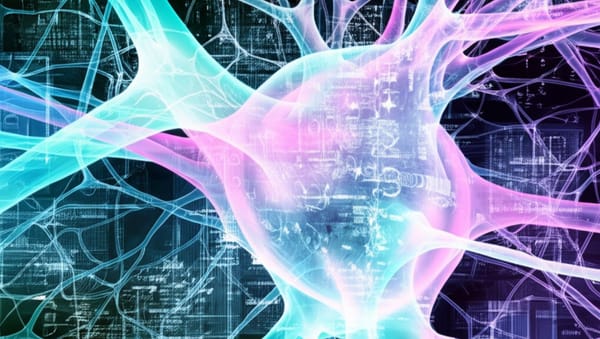Foundation Agents Emerge as New AI Paradigm

A collaborative research effort has formally defined a fundamentally new class of artificial intelligence systems called "Foundation Agents," characterized by sustained autonomy and purposeful behavior that transcends traditional agent definitions.
End of Miles reports this paradigm shift represents a significant departure from how researchers have historically conceptualized AI systems, moving beyond simple "perceive and act" loops toward agents with rich cognitive structures that can operate autonomously over extended periods.
Beyond Traditional Agents
Unlike conventional AI agents that require constant human direction, Foundation Agents maintain, update, and optimize internal mental states that include memory, goals, emotional responses, and comprehensive world models.
"A Foundation Agent is an autonomous, adaptive intelligent system designed to actively perceive diverse signals from its environment, continuously learn from experiences to refine and update structured internal states, and reason about purposeful actions—both external and internal—to autonomously navigate toward complex, long-term objectives." From "Advances and Challenges in Foundation Agents," arXiv preprint (March 2025)
The definition emerged from research spanning 20 institutions including Université de Montréal, Stanford University, Duke University, and Google DeepMind. Their work identifies five core capabilities that distinguish Foundation Agents: active multimodal perception, dynamic cognitive adaptation, autonomous reasoning, purposeful action generation, and collaborative multi-agent structure.
Cognitive Depth and Autonomy
According to the researchers, Foundation Agents differ fundamentally from traditional models by integrating deep cognitive structures that mirror aspects of human thought. This includes the capacity for both external actions (physical movements, digital interactions) and internal mental actions (strategic planning, self-reflection).
Bang Liu, corresponding author from Université de Montréal and Mila-Quebec AI Institute, describes the approach as brain-inspired but not brain-constrained. The team drew parallels between agent components and human brain regions while acknowledging the fundamentally different architecture of artificial systems.
This cognitive integration enables these agents to decompose complex, abstract goals into actionable tasks without step-by-step human guidance—a capability previously limited to narrow domains or heavily supervised systems.
Implications for AI Development
The emergence of Foundation Agents signals a potential inflection point in artificial intelligence research, shifting focus from specialized narrow systems toward more adaptable, purposeful agents that maintain coherent behavior across diverse environments.
The framework provides a structured approach for future development of increasingly capable AI systems that can operate with minimal supervision while maintaining alignment with human objectives. Rather than treating perception, memory, world modeling, and action as separate research streams, the Foundation Agent paradigm emphasizes their deep integration.
This integration creates AI systems with "sustained autonomy, adaptive learning, and purposeful reasoning," according to the research team—qualities that have traditionally separated human intelligence from artificial systems.
As large language models increasingly serve as the backbone for autonomous systems, this formalization provides researchers with clearer development targets for the next generation of AI agents that can maintain long-term goals and adapt to complex environments without constant human intervention.




